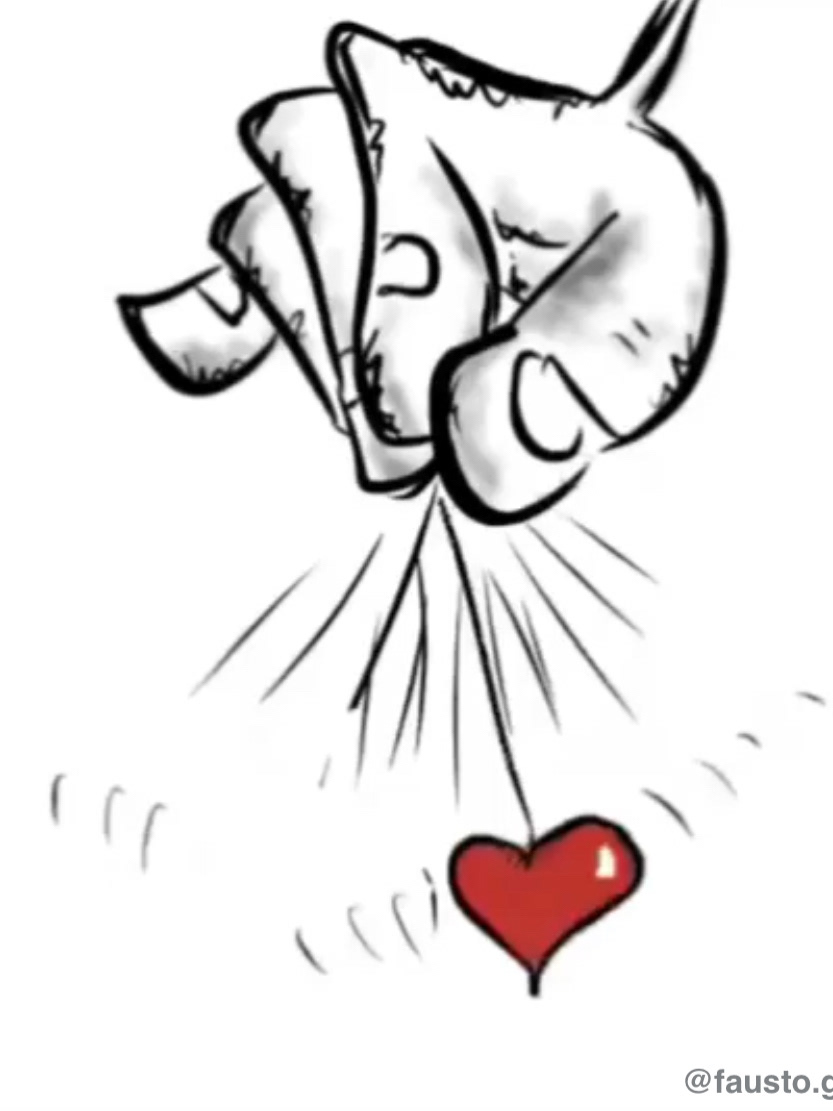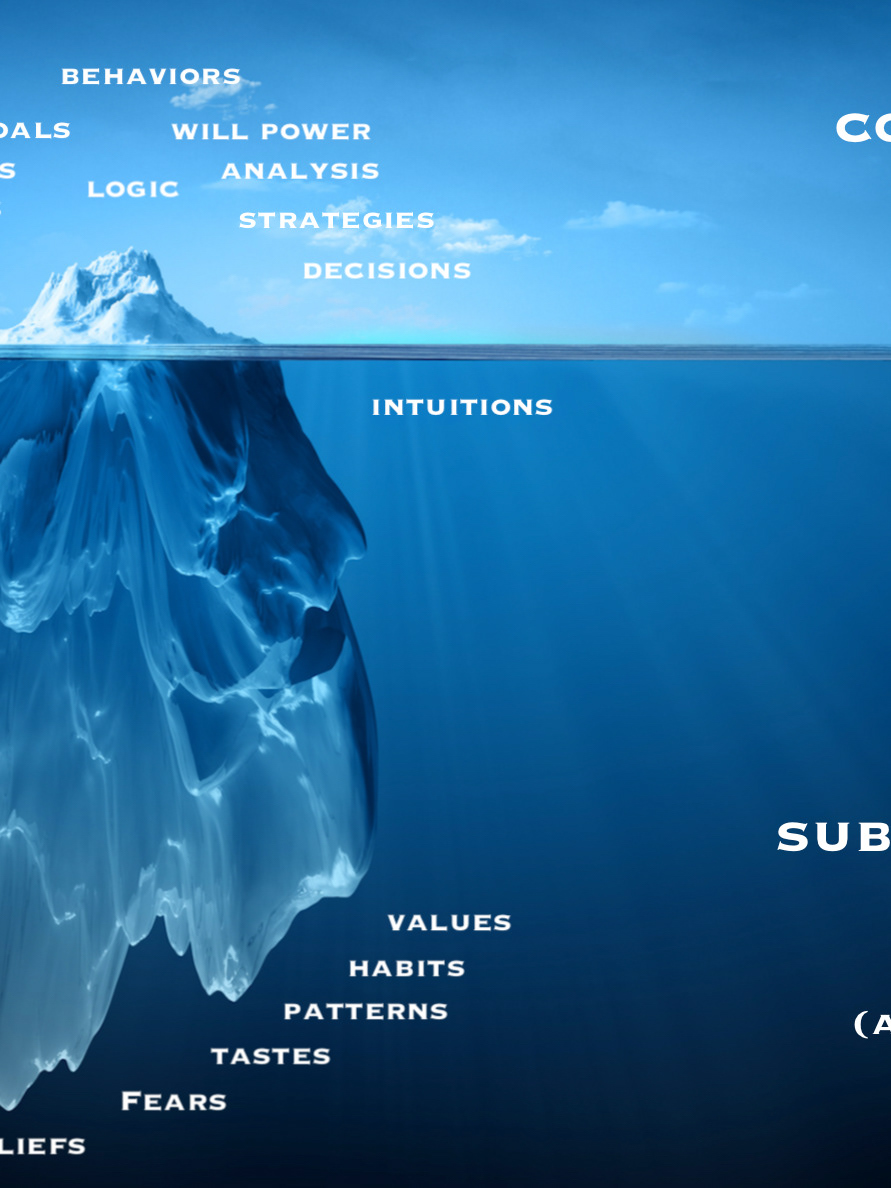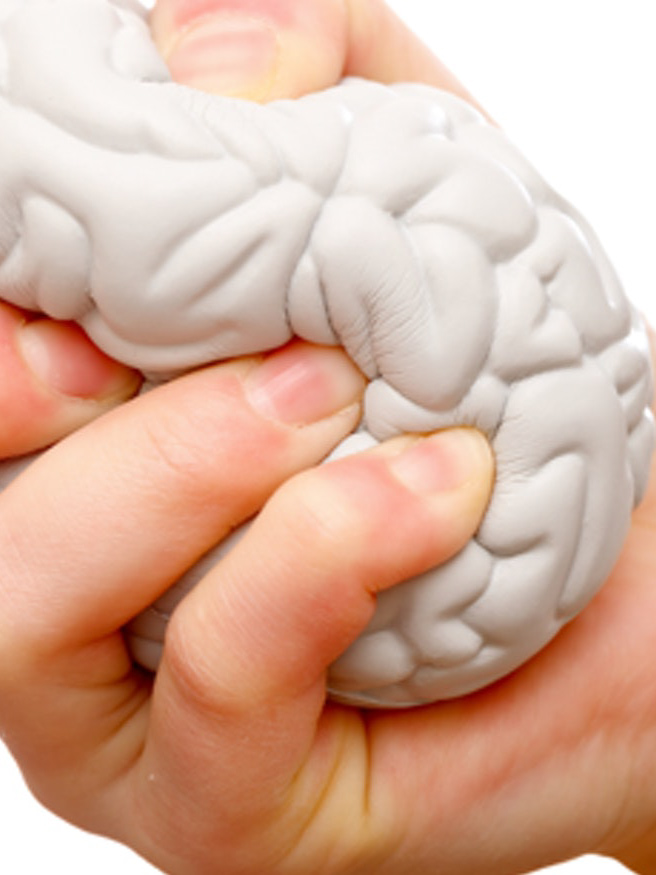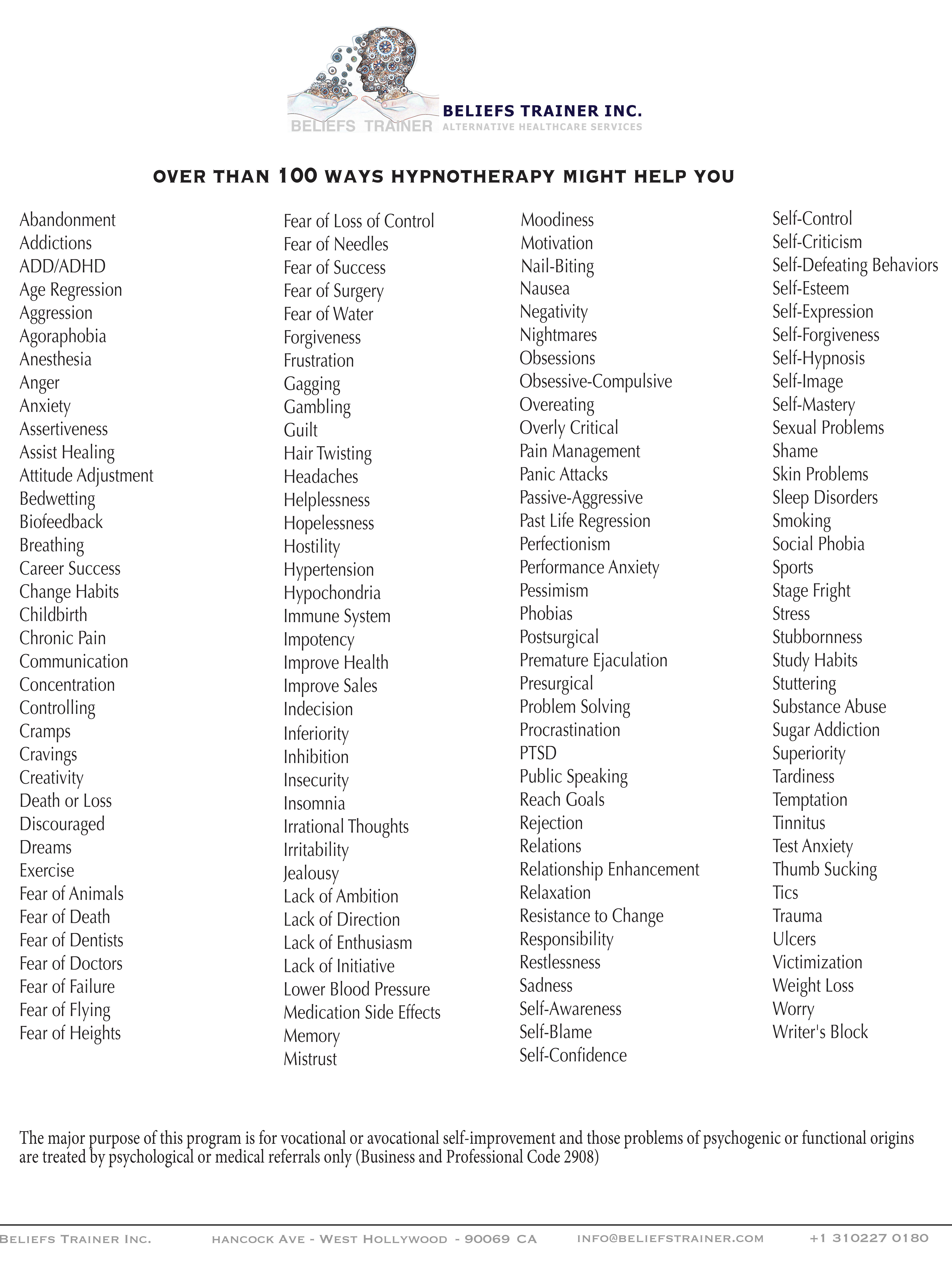Actor Marlon Brandon training as boxer
Whatever your “game” may be, if you desire to take it to the next level, Hypnosis is the way!
In 1929, few years after inventing the technology called electroencephalogram (EEG), Hans Berger understood that our brain’s activity doesn’t stop even when we aren’t actively doing anything. Dr. Berger noticed that while the person connected to the EEG machine was resting, the needle of the EEG machine was detecting a brain. The experiments' discoveries conducted by this German psychiatric were ignored by the rest of the scientific community far more concerned with the mind “conscious activity.” It took over 70 years for the world to understand that Berger’s discovery was the key to a new door into our mind showing that even when it feels like our brain is “off,” a powerful system, the default-mode network is running in the background, completely unnoticed by our conscious awareness. This system, the one that is “on” when we are “off” is often responsible for creating insight and breakthrough. This system is what we refer to as the “subconscious mind. “
Great performers never just hope they’ll be on top of their game. Instead, they’ll actively create a specific condition that will elicit their personal best.
THE EFFECTIVENESS OF HYPNOSIS
In Hypnosis, the sensory experience can be modified; the experience of the body can be altered, and in particular, it is possible to control pain. The subject/person in hypnosis can efficiently direct his introspection in the different sectors of his body. He can enlarge or reduce the sensations that come from inside his body, he can alter the sensible physiological parameters such as the heartbeat, the respiratory rhythm, the temperature skin.
In hypnosis, there is the possibility of altering the quality and quantity of voluntary muscular control, of motility and in particular of modifying some modalities of the functioning of our organism. This is believed outside of any voluntary control, such as those of the neurovegetative system, of the system neuroendocrine and the immune system.
Emotions are a response of the organism to moments of existence. While the voluntary control of emotions in the waking state seems to be a particularly difficult task, in hypnosis these can be amplified or resized; and there is also the possibility of suddenly moving from one emotion to another in relation to the suggestions given by the hypnotist.
All this, as listed above, can serve actors, artists, athletes, performers at any level (a manager speaking to his team, as or a student taking a test, they are all performing), professional and amatorial. Hypnotherapy can serve you well to become your potentialities.
LEARNING ZONE AND PERFORMING ZONE
Going back and forth from the learning zone to the performing zone is one of the keys to perform at our best and to build "resilience". Spending too much time in the performing zone can lead to experiencing some of these symptoms:
Difficulty in learning
Difficulty in improving your performance
Uneasiness in asking questions in a new class situation
Believing you should know already what you are there to learn
Intolerance for yours and other's mistakes
Resistance to approach new things
Inadequacy in participating in group activities
Unsatisfied with your results
Feeling humdrum during the activity
Anxiety and physical distress before and during the activity
Feeling annoyed or depressed after the activity
A tendency to think that you could perform better
Avoidance in engaging in activities
YOU CAN READ MY ARTICLE ABOUT THIS TOPIC









